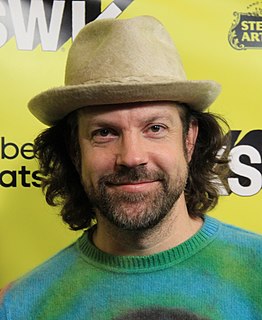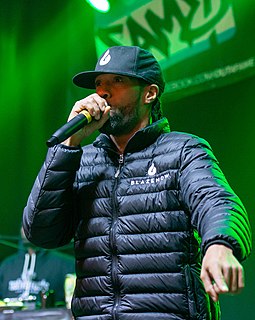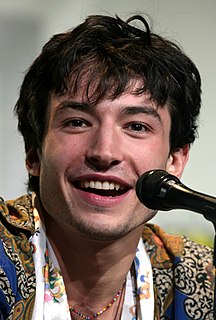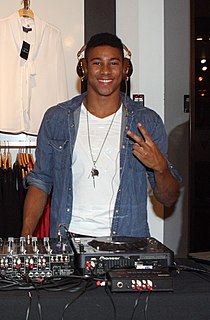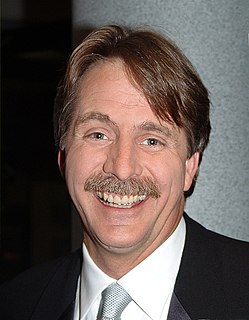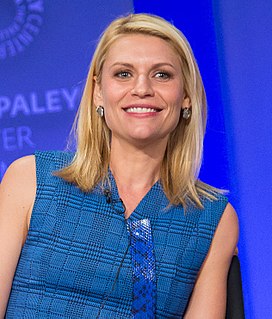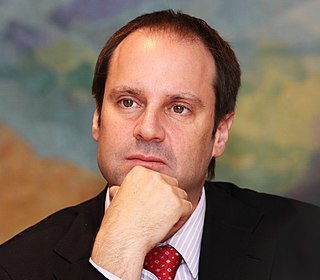A Quote by Mitch Kapor
Before I started a company, I was an employee with a bad attitude. I was always felt like, bosses are stupid, and people weren't well treated.
Related Quotes
Whenever I talk to people who founded a company, I often like to ask the prehistory questions 'When did you meet? How long have you been working before you started the company?' A bad answer is, 'We met at a networking event a week ago, and we started a company because we both want to be entrepreneurs.'
If you're always in the company of people who agree with you, you're going to think of people who don't agree with you as venal or stupid. I constantly tell my students that if they're in the company of people who always say "amen" to what you say, find other company. And that is the source of illiberalism, when you are unable to listen to someone who thinks differently. That's when democracies are in trouble.
I'd only been out for, like, six months before I booked 'Insurgent'. It was my first role in America, and it was a huge movie franchise. All I'd ever hear at the time was how Hollywood treated gay men or queer men, so I was, like, 'Well, I'm not going to shoot myself in the foot before I've even started life here,' you know?
I've always just felt like an outsider. I've always been made fun of in school ever since kindergarten. For me, when I started singing, that's when I started making "friends,". That's when people started taking an interest in me. That was the thing that made me likable, I guess. Maybe even lovable! I think that's really why I'm so hellbent on doing this as a career is because those are the moments where I felt at my most confident.


